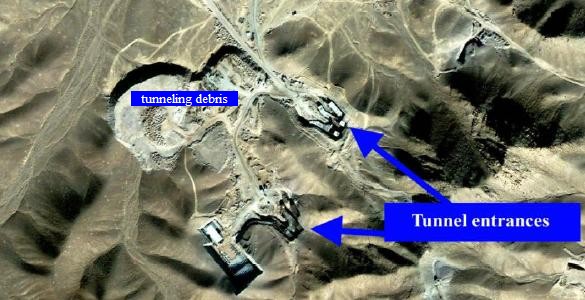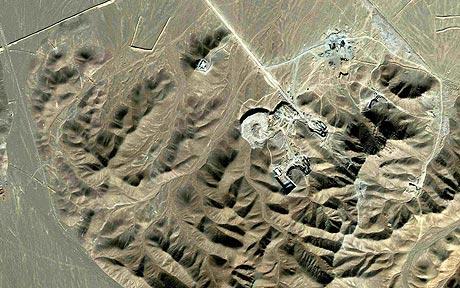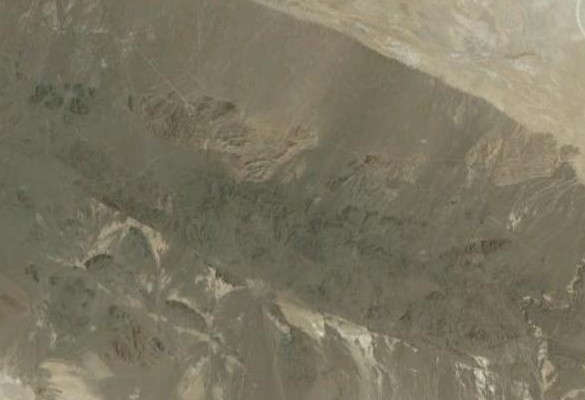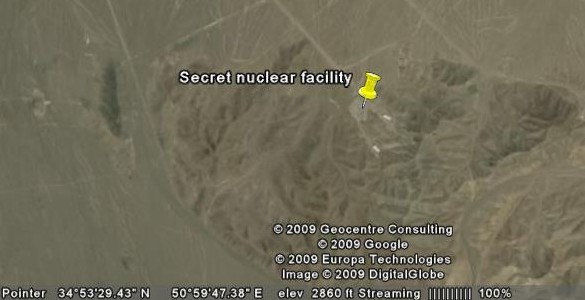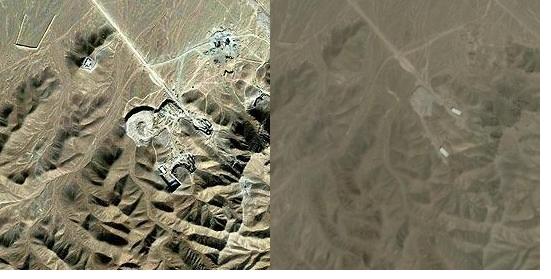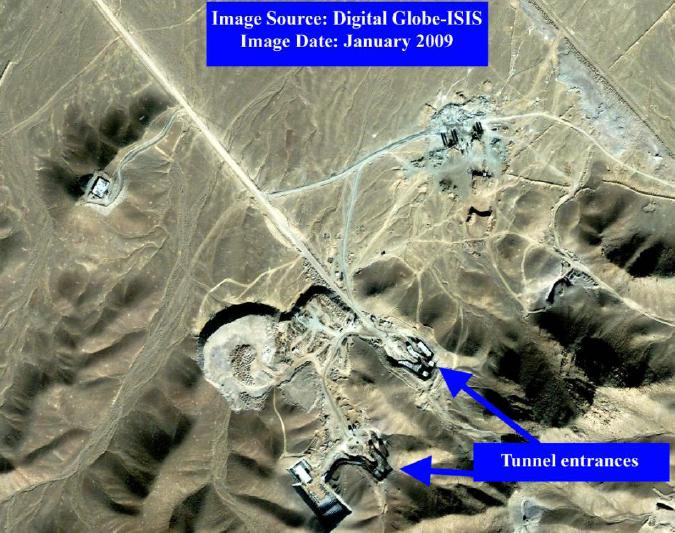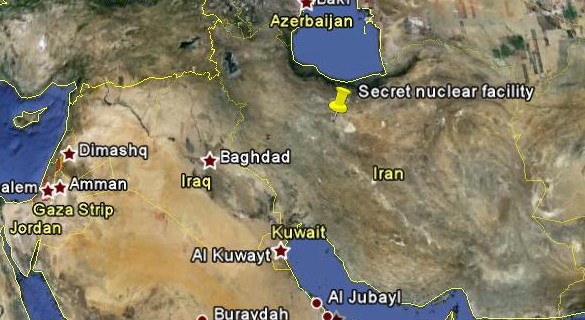Sanctions won’t work. Ray Takeyh, who worked on Iran with Dennis Ross at the State Department before losing his job last month and returning to the Council on Foreign Relations, told me that “sanctions are the feel-good option.”
Yes, it feels good to do something, but it doesn’t necessarily help. In this case, sanctions won’t for four reasons.
One: Iran is inured to sanctions after years of living with them and has in Dubai a sure-fire conduit for goods at a manageable surtax. Two: Russia and China will never pay more than lip-service to sanctions. Three: You don’t bring down a quasi-holy symbol — nuclear power — by cutting off gasoline sales. Four: sanctions feed the persecution complex on which the Iranian regime thrives.
A senior German Foreign Ministry official last week told an American Council on Germany delegation: “The efficiency of sanctions is not really discussed because if you do, you are left with only two options — a military strike or living with a nuclear Iran — and nobody wants to go there. So the answer is: Let’s impose further sanctions! It’s a dishonest debate.” [continued…]
U.S. is seeking a range of sanctions against Iran
Iran has proved resilient to sanctions, having weathered them in one form or another since the Islamic Revolution in 1979. And the political upheaval there creates a new complication: Western countries do not want to impose measures that deepen the misery of ordinary people, because it could help the government and strangle the fragile protest movement.
Citing those fears, the French foreign minister, Bernard Kouchner, said last Monday he was opposed to an embargo of refined fuel products. Another senior Western diplomat said such a measure was not likely to be on the menu of options, even though sanctions experts say it is probably the most effective short-term cudgel.
At a dinner in New York last week, the night before he addressed the United Nations, Mr. Ahmadinejad told his guests he would “warmly welcome” additional sanctions because it would only make his country more self-sufficient, according to a person who was there.
“For sanctions to work, they not only have to be multilateral, but there has to be international solidarity over a prolonged period of time,” said Ray Takeyh, an Iran expert at the Council on Foreign Relations who was until last month a senior adviser to the Obama administration.
Mr. Takeyh said that he was skeptical that sanctions alone would alter Iran’s long-term behavior. But he said he would not be surprised if Iran came to the meeting on Thursday with an offer to allow inspectors to visit the secret uranium enrichment plant near the holy city of Qum.
That would fall well short of the administration’s demand that Iran hand over blueprints for the plant or produce key people involved in its design. But it might be enough to weaken solidarity, said Mr. Takeyh, who noted that the Iranians “tend to be tactically adroit.” [continued…]
When the Israeli army’s then-Deputy Chief of Staff Dan Halutz was asked in 2004 how far Israel would go to stop Iran’s nuclear program, he replied: “2,000 kilometers,” roughly the distance been the two countries.
Israel’s political and military leaders have long made it clear that they are considering taking decisive military action if Iran continues to develop its nuclear program. Prime Minister Benjamin Netanyahu warned at the United Nations this week that “the most urgent challenge facing this body is to prevent the tyrants of Tehran from acquiring nuclear weapons.”
Reporting by the International Atomic Energy Agency and other sources has made it clear that whether or not Iran ties all of its efforts into a formal nuclear weapons program, it has acquired all of the elements necessary to make and deliver such weapons. [continued…]
Iran conducts new tests of mid-range missiles
Locked in a deepening dispute with the United States and its allies over its nuclear program, Iran said that its Revolutionary Guards test-fired missiles with sufficient range to strike Israel, parts of Europe and American bases in the Persian Gulf.
“Iranian missiles are able to target any place that threatens Iran,” a senior Revolutionary Guard official, Abdollah Araqi, was quoted as saying by the semi-official Fars news agency.
The reported tests of the liquid-fueled Shahab-3 and the solid-fueled Sejil-2 missiles were not the first, but they came only days after President Obama and the leaders of France and Britain used the disclosure of a previously secret nuclear plant in Iran to threaten Tehran with a stronger response to its efforts to enrich uranium, including harsher economic sanctions. [continued…]
Turkish PM to visit Iran over nuclear dispute
Turkish Prime Minister Recep Tayyip Erdogan said he plans to visit Iran next month to help resolve the dispute over Tehran’s nuclear programme, Anatolia news agency reported Sunday.
Erdogan also warned that any military attack against Iran would be an act of “insanity.”
The announcement of his planned trip came as Iran admitted this week the existence of a previously secret uranium enrichment plant, raising the stakes in its standoff with major powers ahead of talks in Geneva on Thursday. [continued…]

